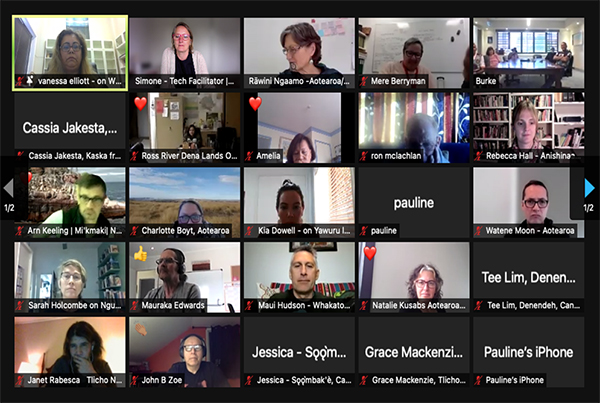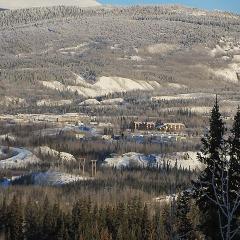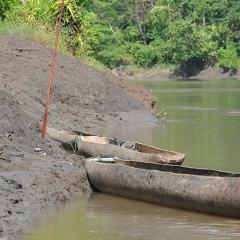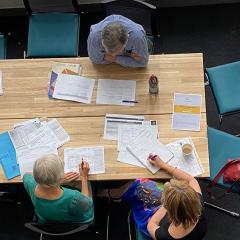Building international connections, sharing knowledge and informing mine closure governance were the key outcomes from an Indigenous Exchange Forum that brought together 40 First Nations representatives and affiliated researchers from Australia, Canada and Aotearoa (NZ) who have major mines on their lands.
The Forum report also highlighted the willingness and commitment of the group to continue to share, culturally connect and realise a way forward that is informed by intergenerational First Nation impacts.
The Forum included representatives from the Australian Waanyi and Gija First Nations, Canadian Dena and Tłı̨chǫ First Nations, and Māori iwi from Aotearoa, with researchers from Memorial University and Queens University in Canada, and from Waikato University in Aotearoa.
Hosted by the Centre of Social Responsibility in Mining (CSRM) at The University of Queensland’s Sustainable Minerals Institute, the Forum was the culmination of a 12-month project led by CSRMs Dr Sarah Holcombe and Jaru First Nations leader and CSRM Advisory Board member Vanessa Elliott.
Ms Elliott said through sharing stories, experiences, and the journey they have been on, the Forum participants reaffirmed the need for trauma recovery, intergenerational healing – or possibilities for healing.
“The core aim of the Forum was to affirm the unique cultural, historic, environmental, and economic position of First Nations impacted by mining and mine closure and facilitate a process to connect as equals who recognise each other’s unique cultural position,” she said.

Dr Holcombe said the participants shared powerful insights about their experiences with the mines on their lands where, in most cases, consultation, engagement, and consent processes were sub-optimal or absent.
“Yet, it’s not too late to repair or improve these relationships during mine closure,” she said.
“There was much discussion about the importance of culturally relevant governance and interface structures with industry and the state, and the opportunities that closure and reclamation can offer Indigenous people and their businesses.
“Though widely dispersed geographically, the stories and experiences of the group had common themes and many of the issues raised hinged on effective consultation and consent processes.
“As Vanessa Elliott noted we hope the Forum and report are the start of an international network across these Indigenous communities, to enable the sharing of experiences, struggles, and sentiments in relation to mine site transition and mine-related impacts on their land.”
Dr Holcombe also described how she was fortunate to work with the award winning Ngarluma videographer Tyson Mowarin who produced a short film featuring Waanyi voices in relation to the Century mine on their Country in north western Qld to accompany the report.
Ms Elliott said the Forum report highlights how the origins of mining predetermine the culture of mining and the closure terms of mining.
“Mining in has historical origins in frontier battles and settler conflict.
“The perspectives shared in the Forum reveal how systems and structures were designed and maintained to proliferate exclusion and reverence for those who are included - that is why the visibility and voice of the “other” is critical to change.
“I encourage companies to include First Nations in the whole life span of mining, and all that is done on country to us, for us, and about us.
“The time and cost of building relationships should be built into the business bottom line because it’s worth it.”
Read the report and watch Tyson Mowarin’s short film featuring Waanyi voices in relation to the Century mine on their Country in north western Qld: Indigenous Exchange Forum: transitions in mine closure
The Indigenous Exchange Forum developed from discussions at the Social Aspects of Mine Closure Research Consortium. Initiated by CSRM, the Consortium is a multi-party, industry-university research collaboration established to place people at the centre of mine closure.
Photograph: Century Mine, used with permission from MMG
Media: Gillian Ievers g.ievers@uq.edu.au 0438 121757






